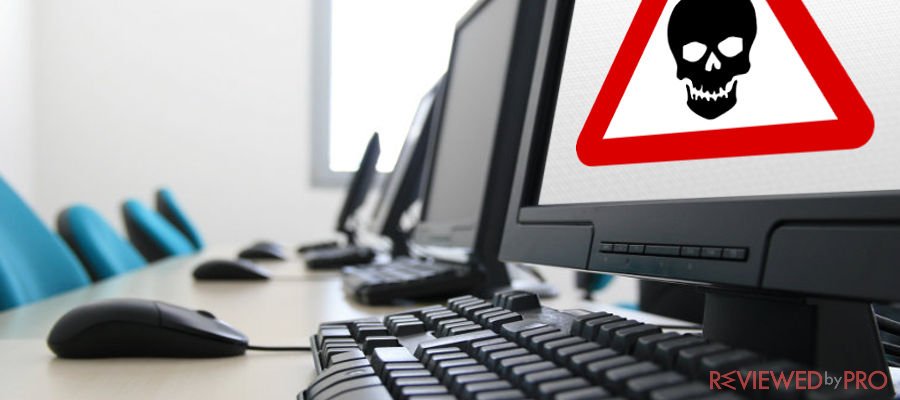Small companies and hacker attacks
Small businesses are often quite vulnerable to cyber attacks. The lack of a reliable security tool can mean a disaster to a company that has recently started functioning. Hackers are prone to launching viruses that can result in huge monetary losses, which can be deadly to small businesses.

Unfortunately, not a lot of businesses take cyber security seriously. Hackers are well aware of this fact, so this year has been full of attacks that targeted such companies. Enormous disasters such as WannaCry, Petya, and various DDoS attacks have proven that security flaws can cause huge trouble, affecting people and finances.
Most of the small business owners think that nobody would consider of targeting them. There is a wide misconception that only giants like Sony or Volkswagen should be prepared to face dangerous attacks, but the truth is that it’s a lot easier to damage smaller corporations as they are usually not ready for this.
The most common cyber attacks against small businesses
- Ransomware
At the moment, ransomware is the most common type of attack when it comes to losing money. It usually comes from infected files that are disguised as legit email attachments. Ransomware encrypts all the files on the infected computer and demands a ransom to be paid so that the files would be decrypted.
Imagine getting such a virus at work. All the PCs on the same network would suffer significantly because ransomware can spread from one computer to another. In this case, you would probably lose all the files that are essential to your business.
- Infected external devices
Infections can spread not only by email, but also by external devices (USB). One employee could cause significant damage by using an infected USB in case there is no reputable anti-malware software on the computer.
The infections that can be spread with external devices include worms, Trojans, viruses, spyware, rootkits, etc. This can seriously impact the level of security and slow down the company’s computers significantly.
- DDoS
DDoS (Distributed Denial of Service) attacks are becoming more and more common. A lot of businesses are using Internet of Things, which makes it easy for hackers to spread their malware. This kind of attack shuts down your company network, resulting in delays and inaccessibility.
Your clients can become frustrated because of this, and you may lose them. Additionally, small businesses are often unprepared for DDoS because it is falsely believed that it affects only big companies.
In reality, DDoS attacks are spread randomly by bots, so your company can get infected, no matter how small it is.
- Security threats
Spyware is really annoying when it comes to businesses. This type of malware is designed to gather your information such as keylogging, passwords, browsing history, or email addresses.
It can also change some of your computer settings like adding a browser hijacker or installing unwanted programs. However, the most malicious types of spyware usually show no signs of an infection.
How do small businesses avoid malware?
To avoid infections, it is important to stay careful online. If you own a business, you should teach your employees about online safety, like not opening unknown email attachments, downloading pirated software and clicking on suspicious ads. Also, they should always back-up their work. You can make them sign a contract with the rules of cyber safety.
Moreover, have a good anti-malware tool installed on each and every device. To choose a really good security program, you can read our list of the best anti-malware software. Do not forget such important features like firewall and anti-phishing protection.
Lastly, it is recommended to have a security expert of your own. If your company is too small and there are no possibilities to have a full-time employee, you can have a contract with a freelance professional who could help you with certain tasks and in case of an emergency.
Most importantly, remember that investing in certain security features now can help you greatly in future.




